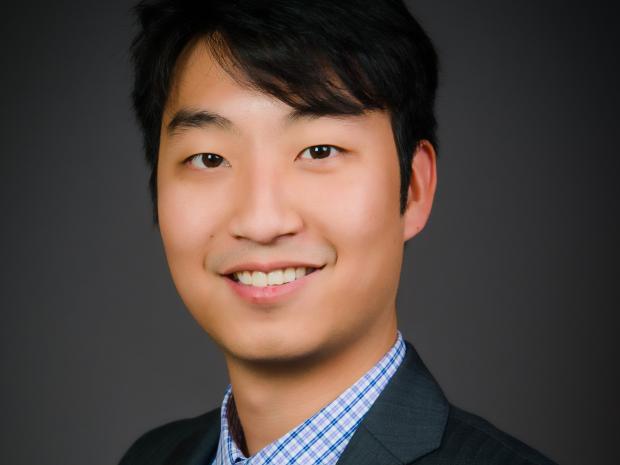From Fundamentals to Therapeutics: Molecular Insights into Viral Morphogenesis

Speaker:
Alexander Pak
University of Chicago, Department of Chemistry
Abstract:
Complex enveloped viruses have the robust ability to assemble, package, and release viral materials from host cells to spread infection. Understanding this dynamical process may provide new directions for the development of therapeutics. Human immunodeficiency virus type-1 (HIV-1) is one paradigmatic example in which Gag, a structural polyprotein, is known to coordinate multiple stages throughout the viral life cycle. Thousands of copies of Gag self-assemble into two types of protein lattices, each ordered yet pleomorphic, that are essential to morphogenesis. However, the fundamental molecular mechanisms that govern viral replication remain largely unknown. To address this knowledge gap, my strategy is to use computer simulations with coarse-grained models, i.e., molecular models that are simplified in a physically rigorous manner, to investigate emergent behavior at biologically-relevant length and time scales. In the first part of the talk, I will discuss a network of interactions and viral constituents that collectively regulate the hierarchical self-assembly of HIV-1 Gag. In particular, I will reveal a delicate balance of conditions that are necessarily required for successful morphogenesis. In the second part of the talk, I will expand upon potential implications for antiretroviral therapies. I will focus on a recently developed class of drugs known as capsid inhibitors and argue that their unique mechanisms of action are a result of small perturbations to the hierarchical self-assembly process. I will conclude with an outlook on the role of computational sciences for biomedical advancements on the basis of fundamental biophysical insights.
- 10:30 Refreshments
- 10:45–12:00 Talk

